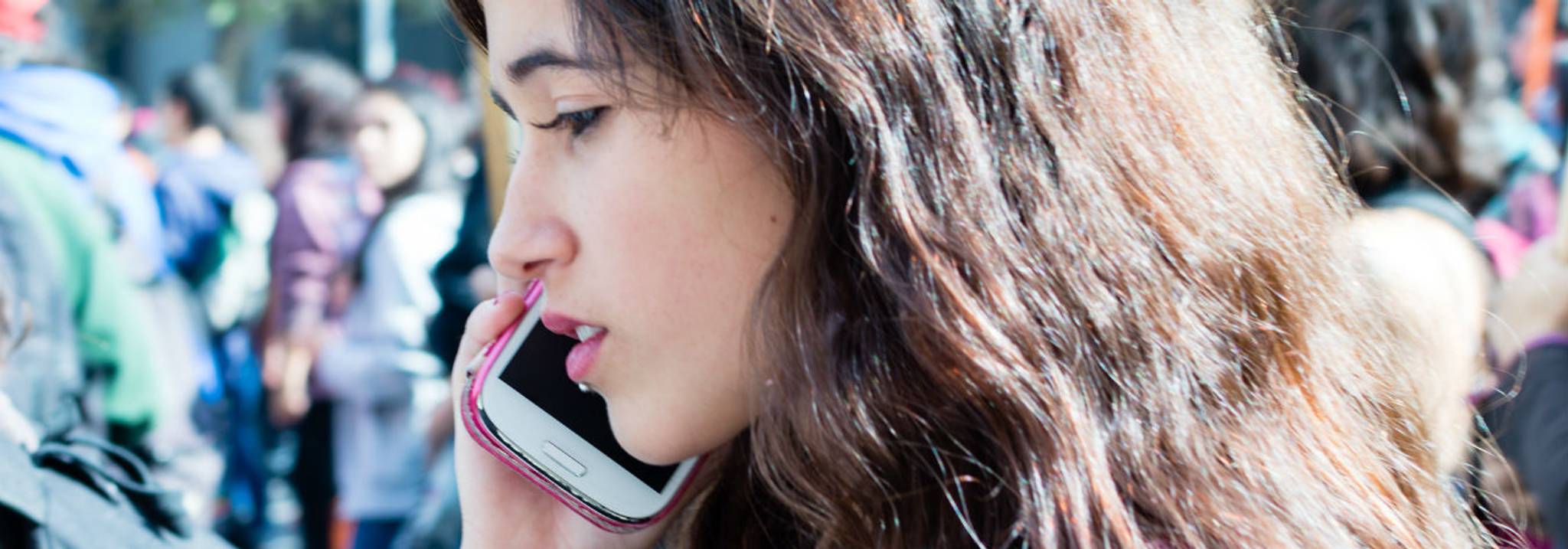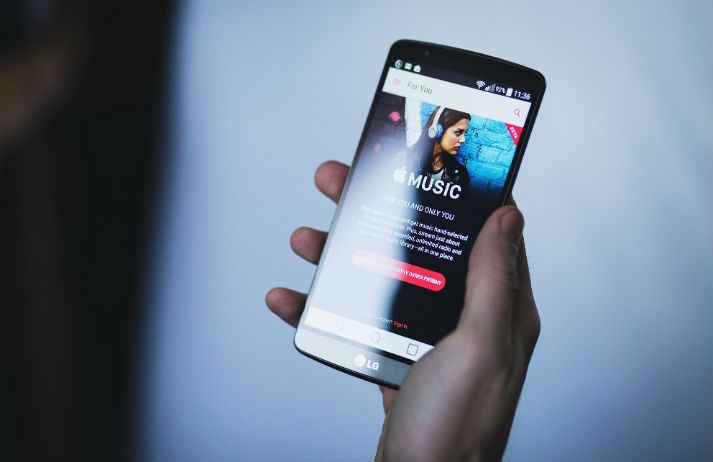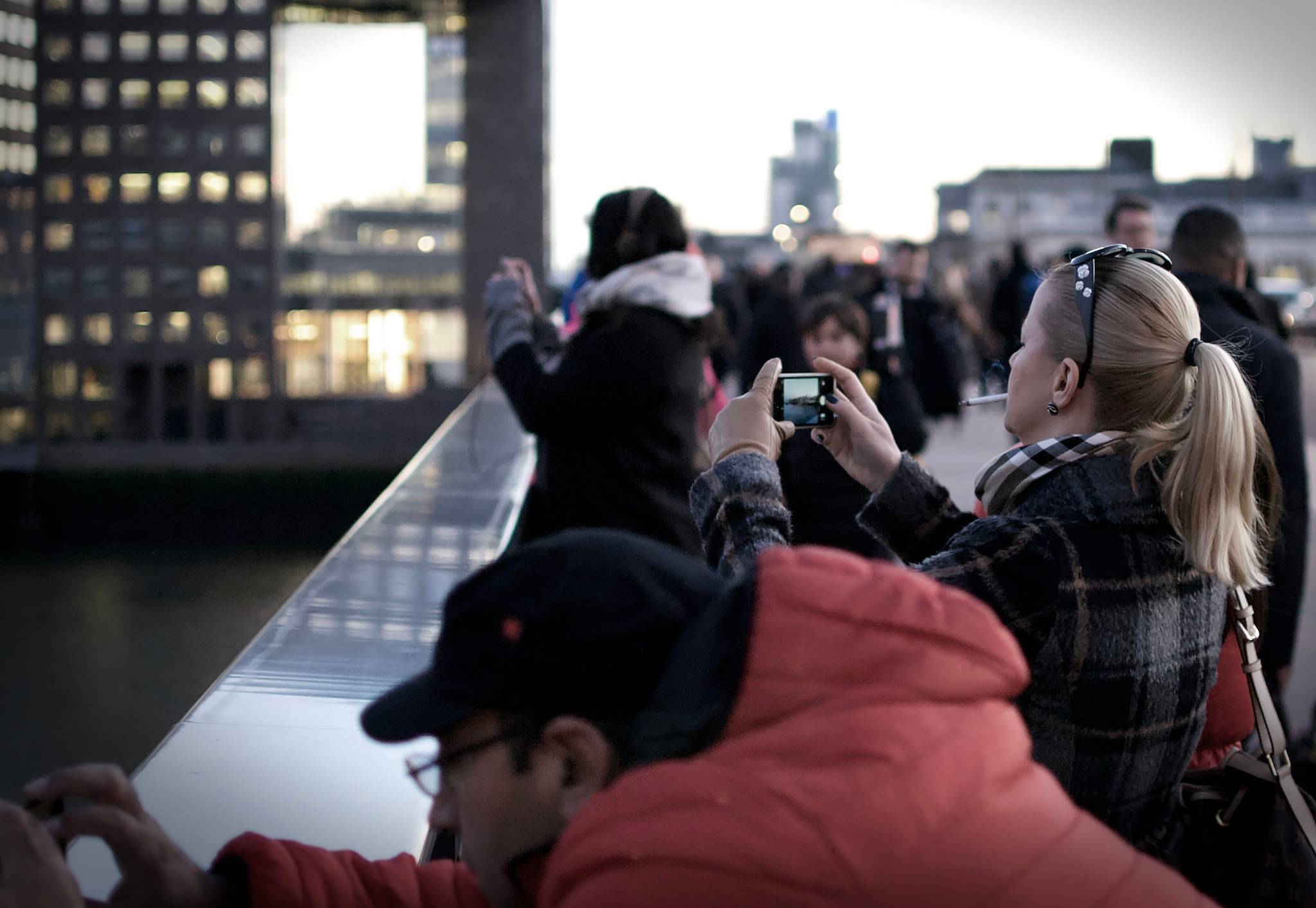
With the average smartphone user checking their device more than 150 times a day, you could be forgiven for wondering if we're addicted to the tech in our pockets. Now, Dopamine Labs – the same company that helps apps get us hooked – has created Space, an app to help wean ourselves off. We discover the insights behind how technology keeps us hooked.
Apps really are addictive – they shape numerous aspects of our behaviour. “Everything on the app store that's used regularly is changing behaviour,” confirms Nir Eyal, entrepreneur and author of Hooked: A Guide to Building Habit-Forming Products. “There are tons of examples – my calendar changes the way I plan my life, my email directs my attention when I'm bored, and my Twitter has changed the way I connect with people. Everything we use regularly has effectively formed a habit." It's why half of US teens (and 28% of their parents) feel addicted to their smartphones, with a third often attempting to cut down their usage.

Dopamine Labs sells software tools that shape and control user behaviour – essentially making apps more addictive by hacking user engagement and retention with its Reinforcement API. But people are increasingly concerned about their dependence on technology, and are seeking ways to take back control – nearly two-thirds of Brits wish they could disconnect sometimes. So Dopamine Labs has created Space – an app that inverts its old tricks to make apps less addictive. Space uses AI and neuroscience to force a gap between our actions and the reactions of technology, creating a moment of disconnect that short-circuits the instant gratification many apps provide. “You're not a rat pushing the button to get some Likes,” reads the site. “You deserve to be in charge of your habits, your attention span, your phone and your mind.”
By removing the stimulus that encourages repetitive behaviour, Space makes it easier for people to be in control of how much they use their phones. “The Dopamine API is a tool that allows any app to become addictive,” says Ramsey Brown of Dopamine Labs. “The premise is really straightforward. People don’t just love that burst of dopamine they get from a notification, it changes the wiring of the brain.” Of course, there's an irony in Dopamine Labs offering a solution to the problem that it is helping to perpetuate. But with people increasingly expecting technology brands like Google or Facebook to take responsibility for the destructive potential of their platforms, Dopamine Labs could have found a new calling.
Katy Young is a behavioural analyst at Canvas8, which specialises in behavioural insights and consumer research. She has a degree in American Studies and Film and an MA in Journalism. Her interests include wild swimming, thinking of podcast ideas and singing in an all-female choir.



